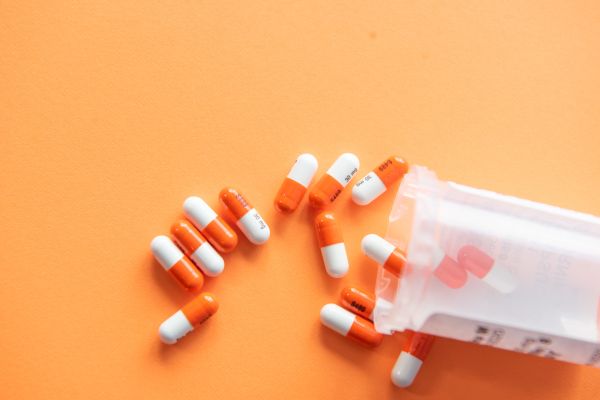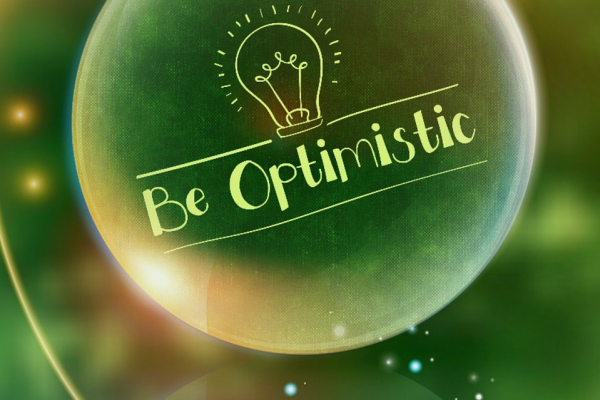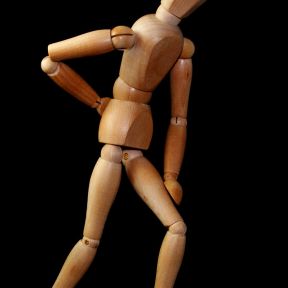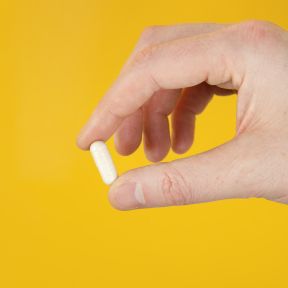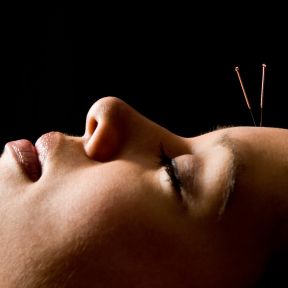A placebo is a substance or medical procedure that resembles an actual treatment but does not actually act on a disease or medical condition; in effect it is a fake treatment, offered for experimental or other reasons. For some people, however, placebos can still have a positive or negative effect on symptoms, if only for a brief period of time.

A placebo can be any treatment or substance that appears to be genuine but isn't. Placebos do not generally have long-lasting effects and they do not cure diseases. Much of the placebo effect depends on a person’s expectations. If a person expects to feel relief, they just might. If a person fears side effects, those might occur. When the placebo effect is negative, it is sometimes referred to as the “nocebo effect.”
When randomized, double-blind experiments became standard practice in the 20th century, placebos were used on control groups to test the effectiveness and potential side effects of new medications. However, subjects in the control groups began reporting effects despite taking a placebo. Since then, the power of placebos has been harnessed to treat a number of conditions, including rheumatism, multiple sclerosis, Crohn’s disease, epilepsy, colitis, acne, erectile dysfunction, and more.
A positive placebo effect is thought to occur as a result of believing a treatment is real, combined with the body’s natural ability to provide pain relief. In effect, a placebo can be a psychological remedy for a physical ailment. However, a placebo effect can also be negative, such as experiencing side effects from a medicine you’re not really taking.
Harmless substitutions are commonly used to make people believe they are taking medications when the harm would outweigh any potential good done. For instance, many different kinds of antidepressants have been replaced by sugar pill placebos. Some doctors even perform sham surgeries, going through the motions of a real procedure without actually doing anything.
Yes, the placebo effect has appeared repeatedly across studies of a wide range of health conditions. It is estimated that about 30 to 40 percent of patients may experience great relief from placebos alone, suggesting that in some cases, a person’s expectations of recovery may be the best medicine. However, it’s important to remember that placebos relieve symptoms; they don’t cure diseases.
In research polls, doctors have admitted to giving patients placebos, but deceiving a patient about their treatment raises some serious legal and ethical questions.
The link between sleep and cognitive performance is widely accepted. As a result, research has found that someone’s beliefs about the quality of their sleep can impact their cognitive performance. If they think they slept poorly, their performance will suffer, whereas if they believe that had a good night’s sleep, they tend to perform better.
Most people associate placebos with sugar pills, but sugar has distinct physiological effects. Today’s placebos are pills that look like medication but contain ingredients that are not supposed to affect the human body at all.
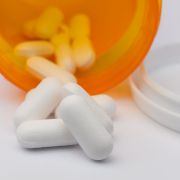
While the effects are generally temporary, placebo treatments play a role in understanding the brain-mind-body connection in both medical practice and biomedical research. Placebos are often used in medical research to help determine if the effects of a new treatment are actually due to the treatment itself, rather than some other factor.
In a double-blind study, for instance, volunteers don’t know if they are getting the actual treatment or a placebo, so the results can be considered unbiased. Ethical guidelines have been established to prevent the misuse of placebo treatments.
Several factors influence how well a placebo works, including the individual’s expectancy, their motivation to improve their health, external conditioning (e.g., advertising), and the brain’s ability to produce pain-relieving chemicals called endogenous opiates.
A placebo may involve a “fake” treatment (e.g., placebo pills, saline injections, sham surgeries, etc.), but if it works, real physiological changes take place in the body.
Not usually. However, negative thoughts can harm your health. For instance, some patients prescribed a placebo might experience the harmful side effects associated with the treatment they believe they are receiving.
While doctors have admitted to using placebos, it’s often considered unethical when done without the patient’s knowledge. The good news is that people can experience pain relief and other benefits even when they are aware they’re taking a placebo. However, this approach has limitations, and it may even involve a bit of unconscious deception, since patients in studies seem to have better outcomes when the doctor emphasized the healing power of placebos, thus setting up certain expectations.
In the nocebo effect, a person’s negative beliefs about a placebo treatment come true, becoming a self-fulfilling prophecy. Generally, this occurs when the individual develops certain expectations based on the complications and side effects of the treatment they think they’re getting.



